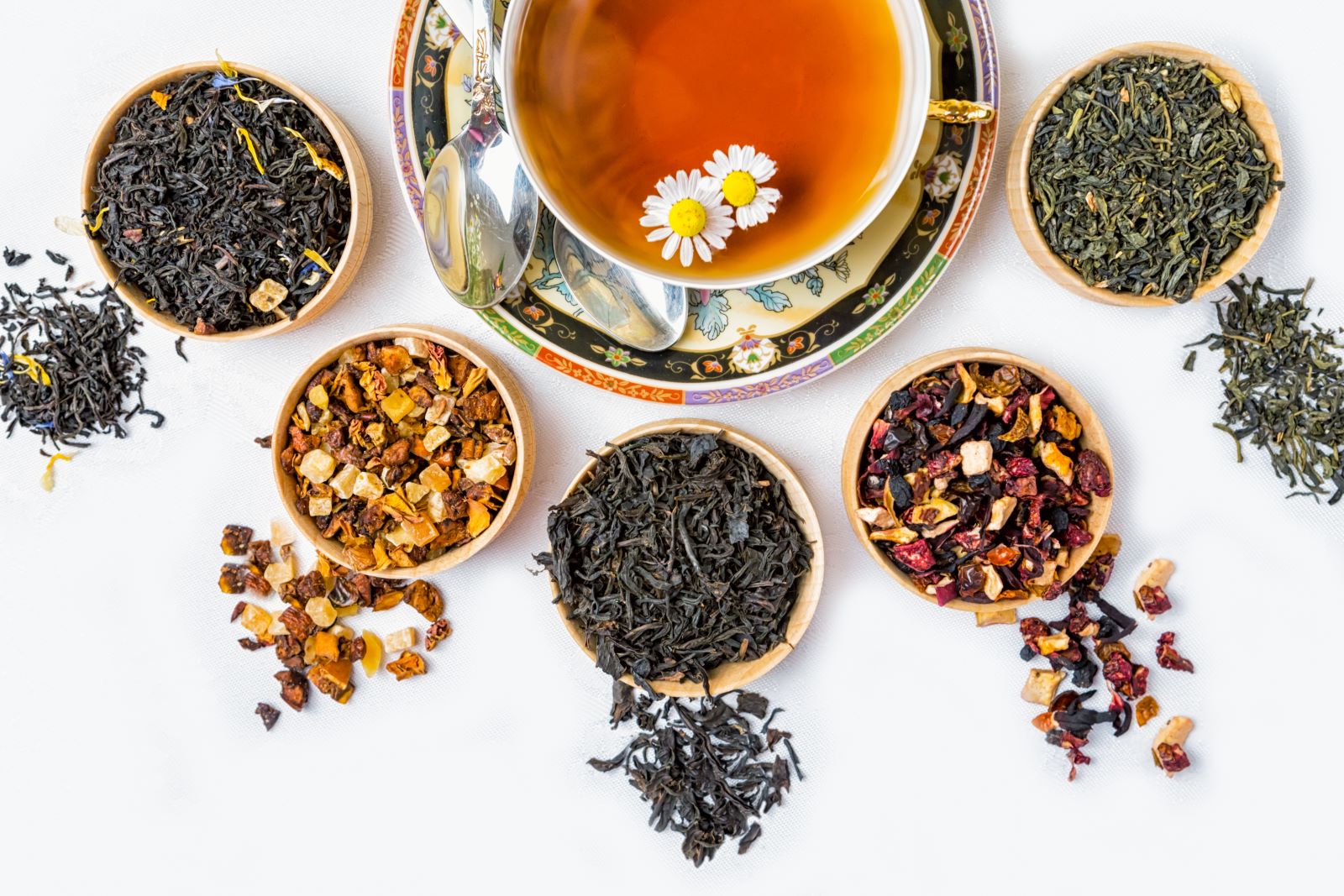18 Common Foods That Trigger ADHD Symptoms
Parents, are you truly aware of what your children are consuming? It’s time to take a hard look at the food you’re feeding your kids, especially if they have ADHD. Certain foods and additives can significantly worsen ADHD symptoms. Are you doing enough to protect your child’s health?
1. Artificial Food Colorings

Research has shown that artificial food colorings can increase hyperactivity in children with ADHD. A study published in The Lancet found that artificial colors and preservatives in food can lead to increased hyperactive behavior. These chemicals are commonly found in candies, sodas, and many processed foods. Check labels for Red 40, Yellow 5, and Blue 1, and avoid them.
2. High Sugar Content

High sugar intake can lead to spikes and crashes in blood sugar levels, exacerbating ADHD symptoms. According to a study by the Yale University School of Medicine, high sugar consumption can cause impulsivity and hyperactivity in children. Sugary cereals, snacks, and beverages are major culprits. Opt for natural sweeteners and whole foods instead.
3. Preservatives

Preservatives like sodium benzoate and BHA/BHT are linked to increased hyperactivity. The American Academy of Pediatrics has pointed out that these chemicals can negatively impact behavior in children with ADHD. These preservatives are prevalent in processed foods, so it’s essential to check labels and choose fresh or minimally processed alternatives.
4. Caffeine

Caffeine can cause increased anxiety and jitteriness in children, which can worsen ADHD symptoms. A study in the Journal of Attention Disorders indicates that caffeine can exacerbate hyperactivity and inattention in children with ADHD. Avoid giving your child caffeinated sodas, teas, or energy drinks.
5. Dairy

Some children with ADHD might have a sensitivity to dairy products, which can affect their behavior. A study from the Journal of Pediatric Health Care suggests that eliminating dairy can improve symptoms in some children. Consider trying a dairy-free diet and observe any changes in behavior.
6. Gluten

Gluten sensitivity can also play a role in worsening ADHD symptoms. Research published in the Journal of Attention Disorders found that a gluten-free diet led to improvements in behavior for some children with ADHD. Monitor how your child reacts to gluten-containing foods like bread and pasta.
7. MSG (Monosodium Glutamate)

MSG, a common flavor enhancer, can cause headaches and hyperactivity in sensitive individuals. The Journal of Nutrition highlights that MSG can have neurotoxic effects, potentially aggravating ADHD symptoms. Check food labels for MSG and avoid it when possible.
8. Processed Meats

Processed meats often contain nitrates and nitrites, which can impact neurological function. A study from Environmental Health Perspectives indicates that these additives can contribute to behavioral problems in children. Choose fresh, unprocessed meats to minimize these risks.
9. Soy

Soy products can contain phytoestrogens, which may affect hormonal balance and behavior. According to research in Hormones and Behavior, phytoestrogens can interfere with normal hormone functions and potentially exacerbate ADHD symptoms. Limit soy-based products and monitor your child’s reaction.
10. Aspartame

Aspartame, an artificial sweetener, has been linked to behavioral issues and cognitive impairment. The Journal of Behavioral and Brain Research points out that aspartame can affect neurotransmitter levels, worsening ADHD symptoms. Avoid diet sodas and other products containing aspartame.
11. Artificial Sweeteners

Beyond aspartame, other artificial sweeteners like sucralose and saccharin can also impact behavior. Research in the Journal of Pharmacology and Experimental Therapeutics shows that these sweeteners can disrupt gut bacteria and neurotransmitter balance. Opt for natural sweeteners like honey or maple syrup.
12. Fast Food

Fast food is often high in unhealthy fats, sugars, and artificial additives. Studies have shown that diets high in fast food can lead to increased hyperactivity and cognitive issues in children. Preparing home-cooked meals with fresh ingredients can help mitigate these effects.
13. Corn Syrup

High-fructose corn syrup is a common ingredient in many processed foods and drinks. According to research in the Journal of the American Dietetic Association, high-fructose corn syrup can cause blood sugar spikes and contribute to hyperactivity. Check labels and avoid products containing this sweetener.
14. Fried Foods

Fried foods are typically high in unhealthy fats and can be difficult for children to digest. A study in the Journal of Pediatrics found that high-fat diets can negatively affect attention and behavior in children with ADHD. Opt for baking or grilling instead of frying.
15. Food Dyes

In addition to artificial colorings, natural food dyes can also cause reactions in sensitive individuals. Research in the Journal of Clinical Psychology suggests that even some natural dyes can exacerbate ADHD symptoms. Look for dye-free alternatives whenever possible.
16. Refined Carbohydrates

Refined carbohydrates like white bread and pasta can cause rapid spikes in blood sugar levels. Studies in the American Journal of Clinical Nutrition have shown that these spikes can lead to increased hyperactivity and inattention. Choose whole grains for a more stable energy source.
17. Certain Fruits

Certain fruits high in natural sugars, like grapes and bananas, can cause blood sugar spikes. While fruits are healthy, it’s important to balance them with proteins and fats to stabilize blood sugar levels. Monitor your child’s reactions and adjust their fruit intake accordingly.
18. Packaged Snacks

Many packaged snacks are loaded with additives, preservatives, and sugars. A study in the Journal of Pediatric Gastroenterology and Nutrition highlights how these ingredients can worsen ADHD symptoms. Fresh, homemade snacks are a healthier alternative.
Are You Doing Enough?

Are you truly doing everything you can to support your child’s well-being? Checking food labels, doing thorough research, and eliminating these harmful ingredients from your child’s diet can make a significant difference. Don’t let your child’s behavior be influenced by mind-altering chemicals. It’s time to take action and protect their health.
Not All Tea Is Good for You: List of Teas to Avoid and to Stick To

Not all teas are healthy and some might actually harm your health with poor ingredients. But how can you tell the good from the bad? This guide aims to help you make informed choices without turning you into a tea expert overnight. Not All Tea Is Good for You: List of Teas to Avoid and to Stick To
America’s Spiritual Revolution: Turning Away from Christianity to Embrace Alternatives

As church attendance declines, Americans are exploring diverse spiritual paths, from stargazing druids to unconventional deities like Wi-Fi gods and extraterrestrials. Explore the quirky and sometimes controversial new religions capturing attention as people seek meaning beyond traditional Christianity. America’s Spiritual Revolution: Turning Away from Christianity to Embrace Alternatives
25 Must-Try Global Delicacies

From Bangkok’s bustling streets to Parisian cafes, every corner of the world offers something special for your taste buds. And you don’t have to travel far; even in the USA, you can find a world of flavors. Here are 25 global delicacies every foodie should try, including some local favorites! 25 Must-Try Global Delicacies
The post 18 Common Foods That Trigger ADHD Symptoms first appeared on Hello Positive Mindset.
Featured Image Credit: Shutterstock / Radharani.
For transparency, this content was partly developed with AI assistance and carefully curated by an experienced editor to be informative and ensure accuracy.






